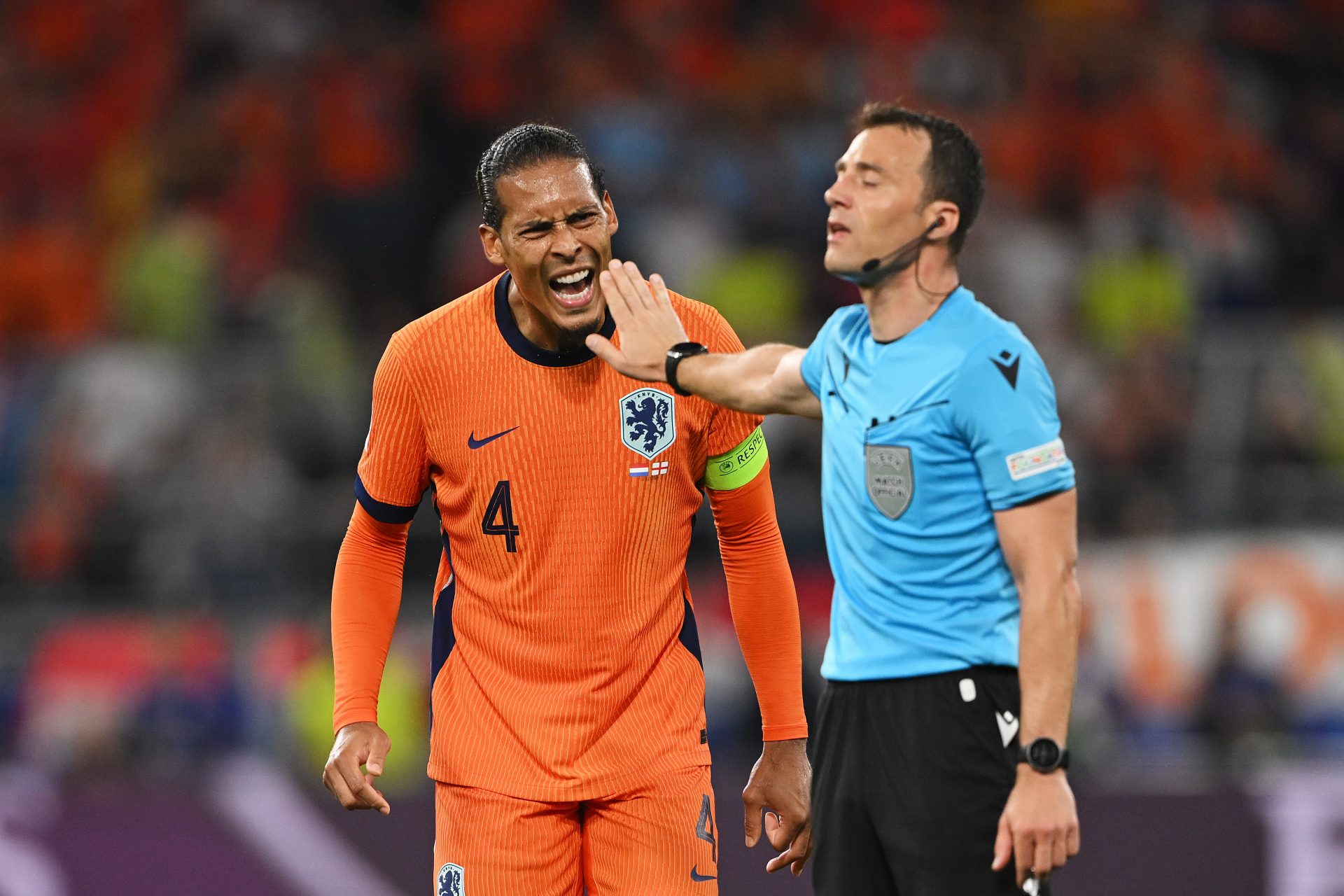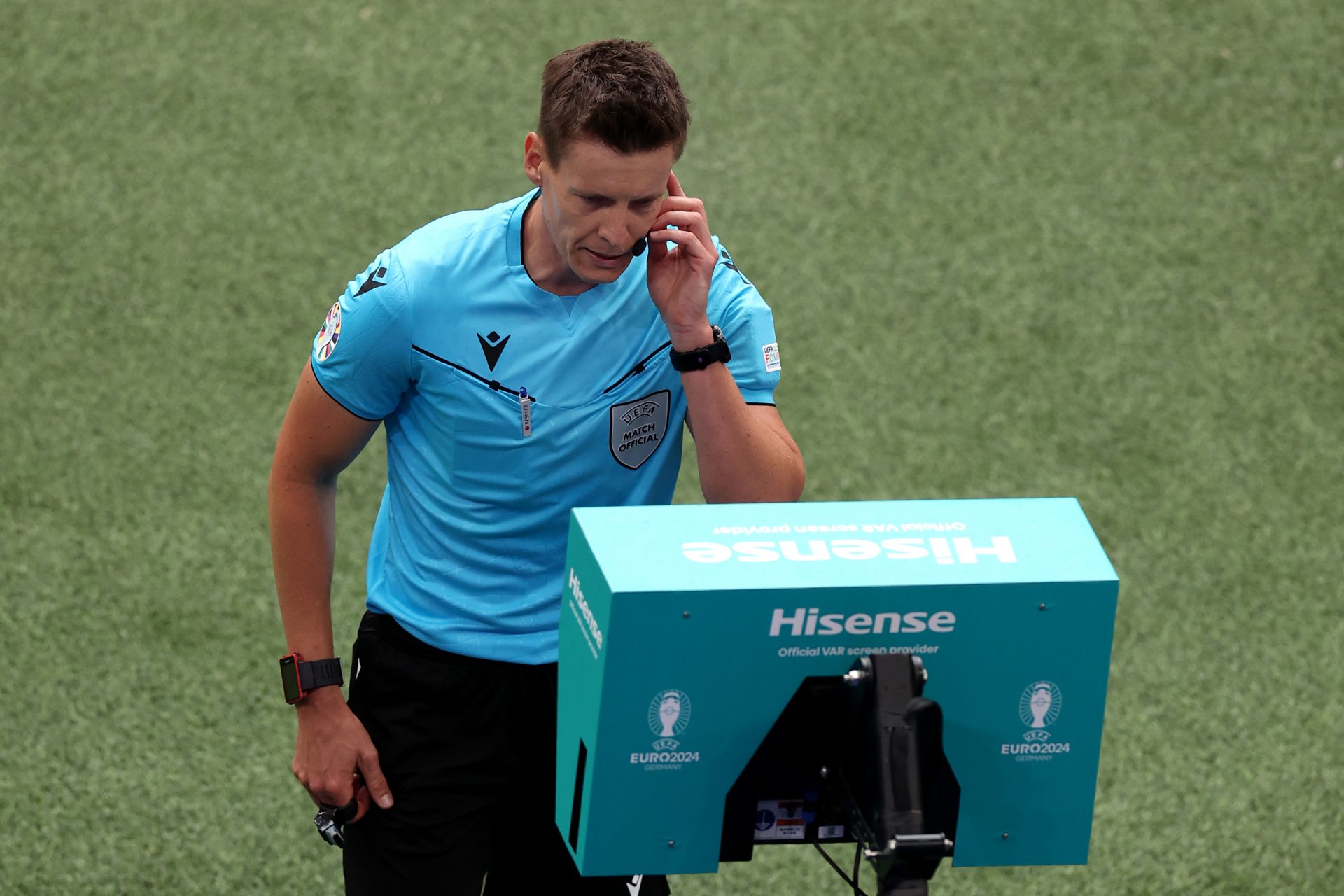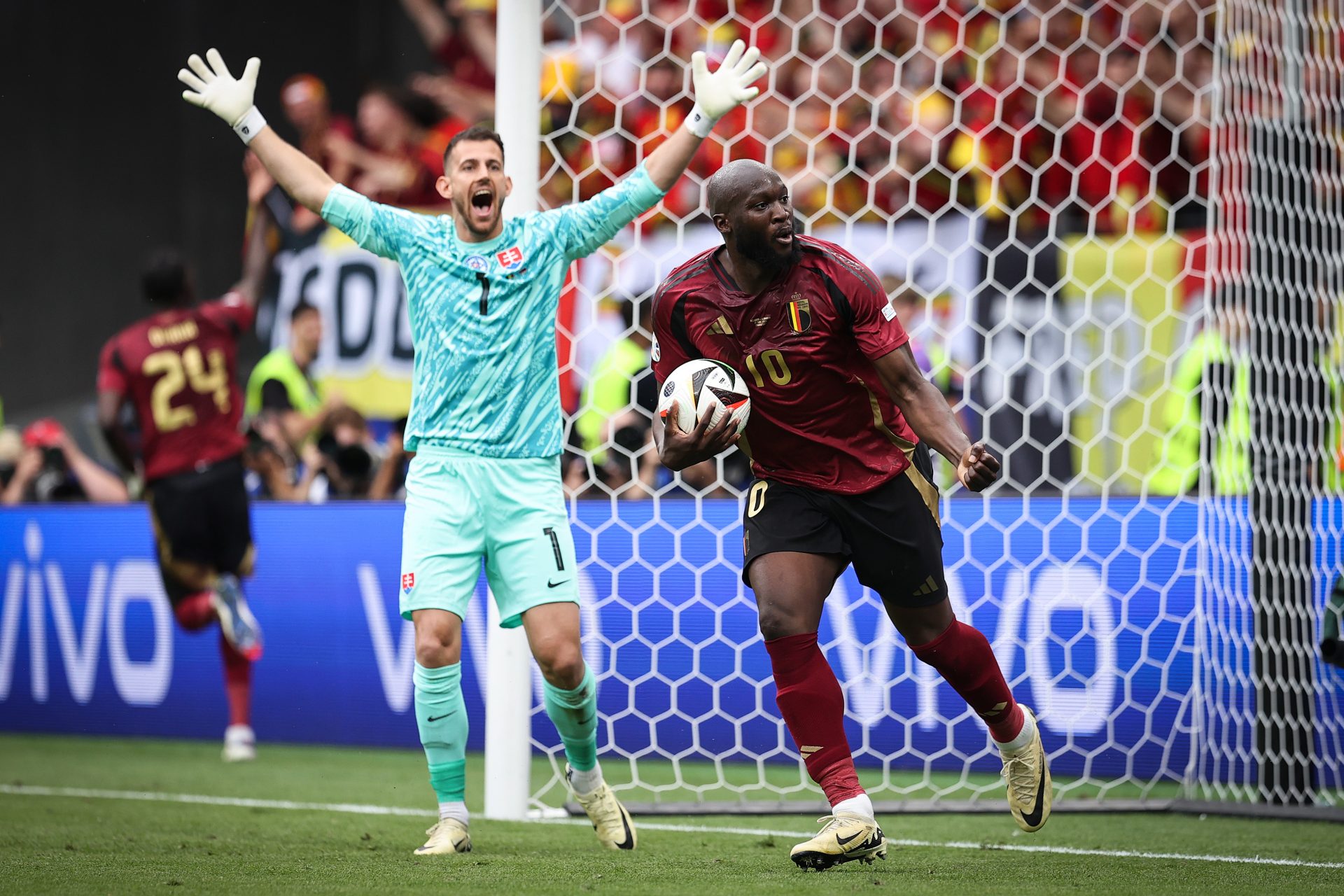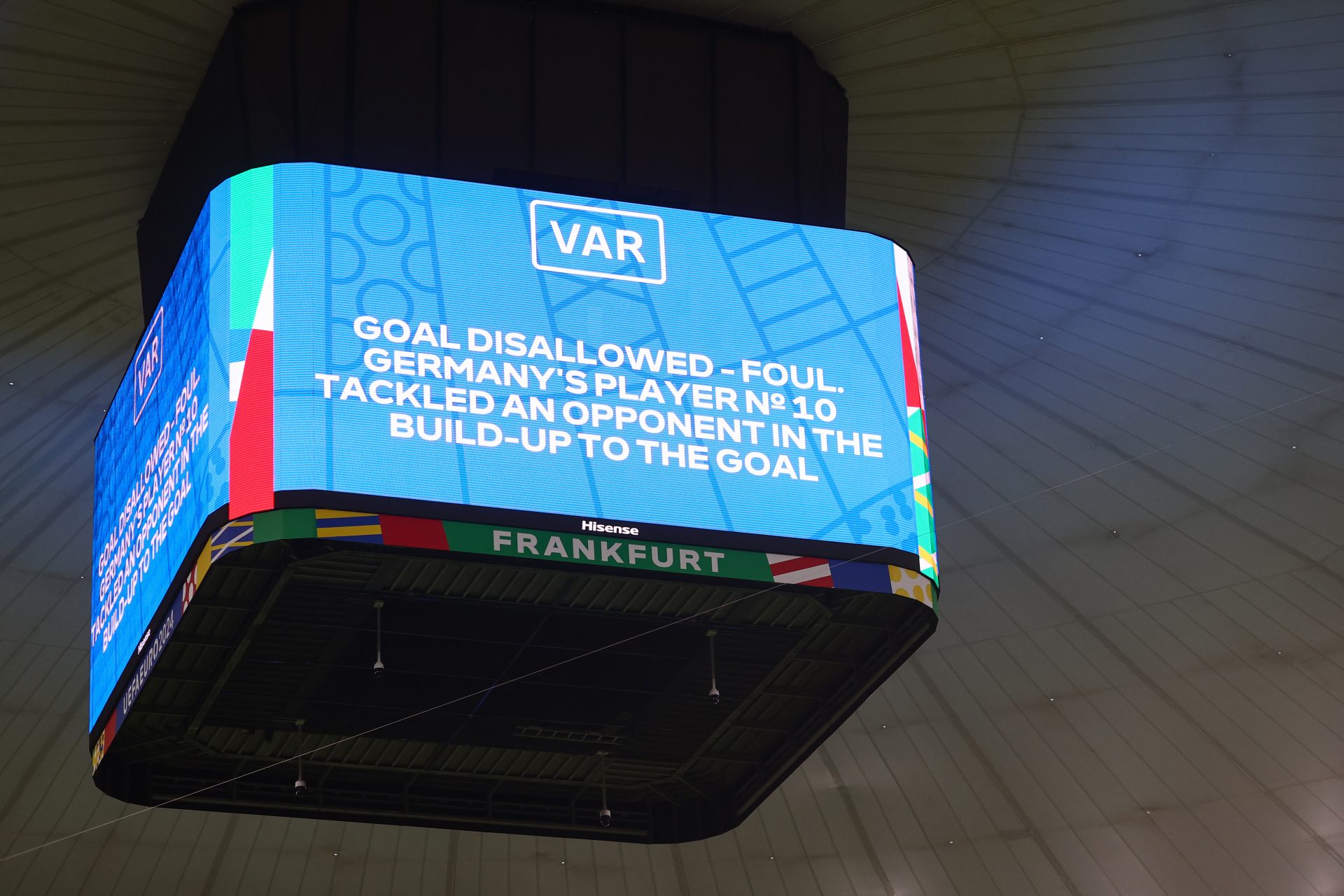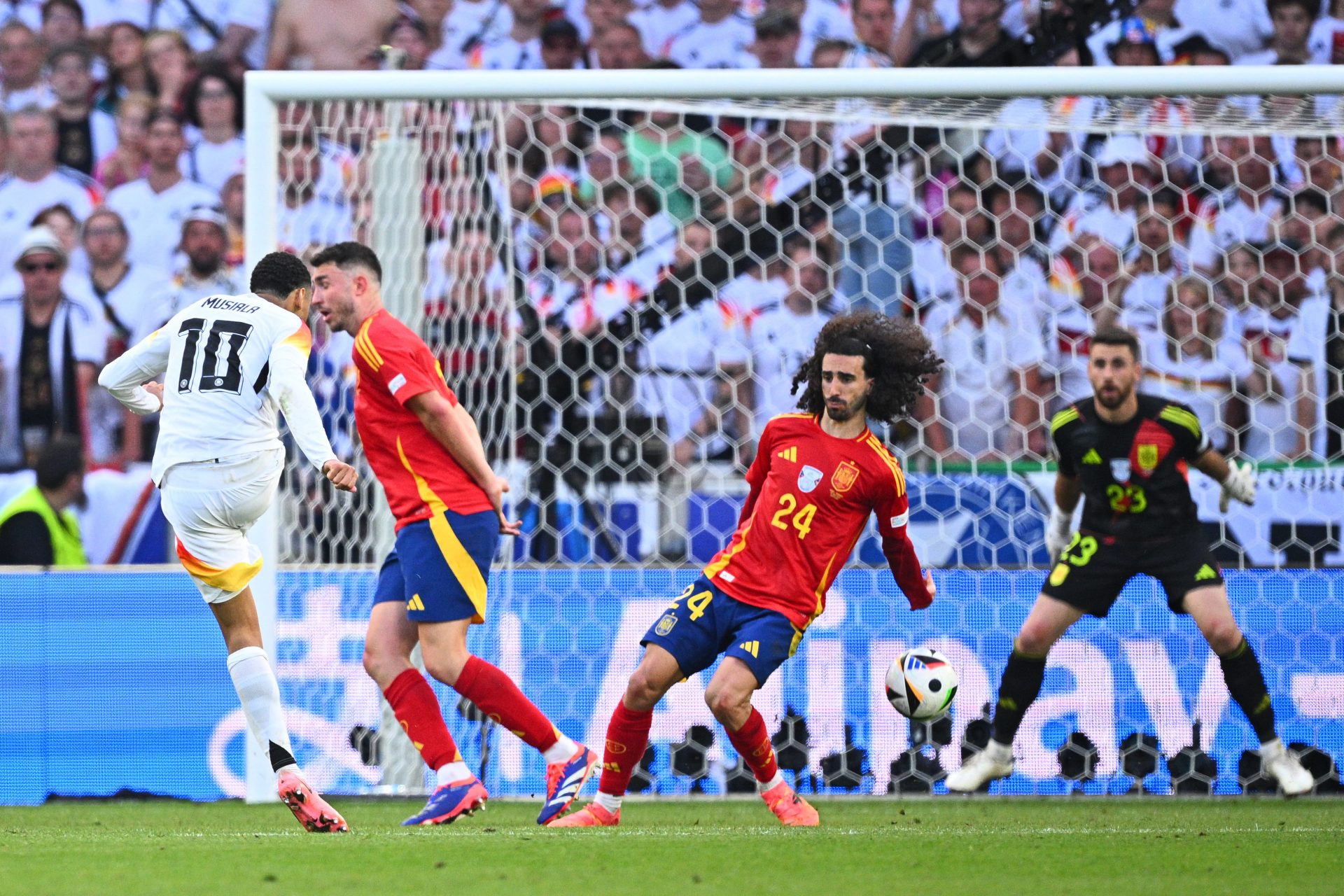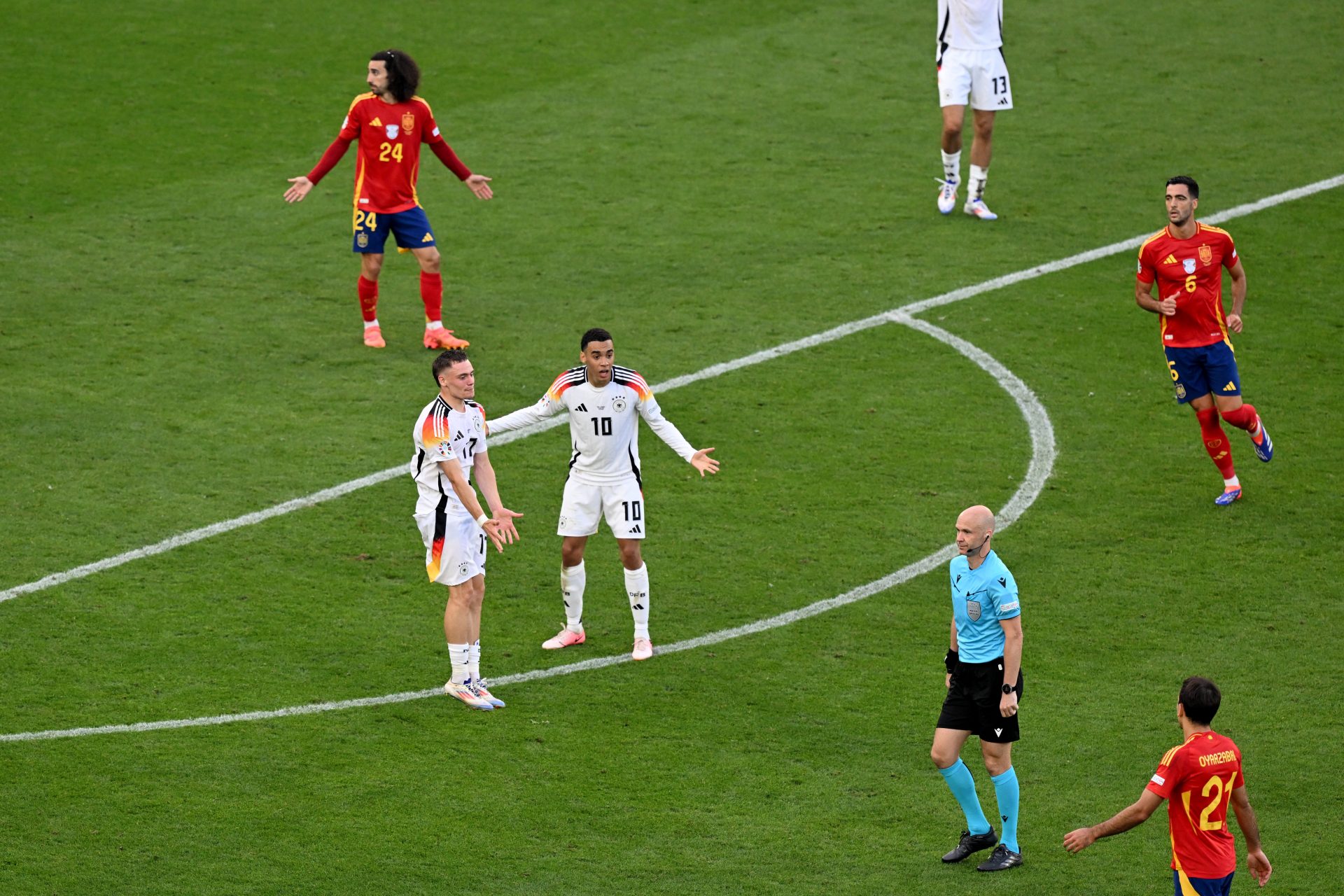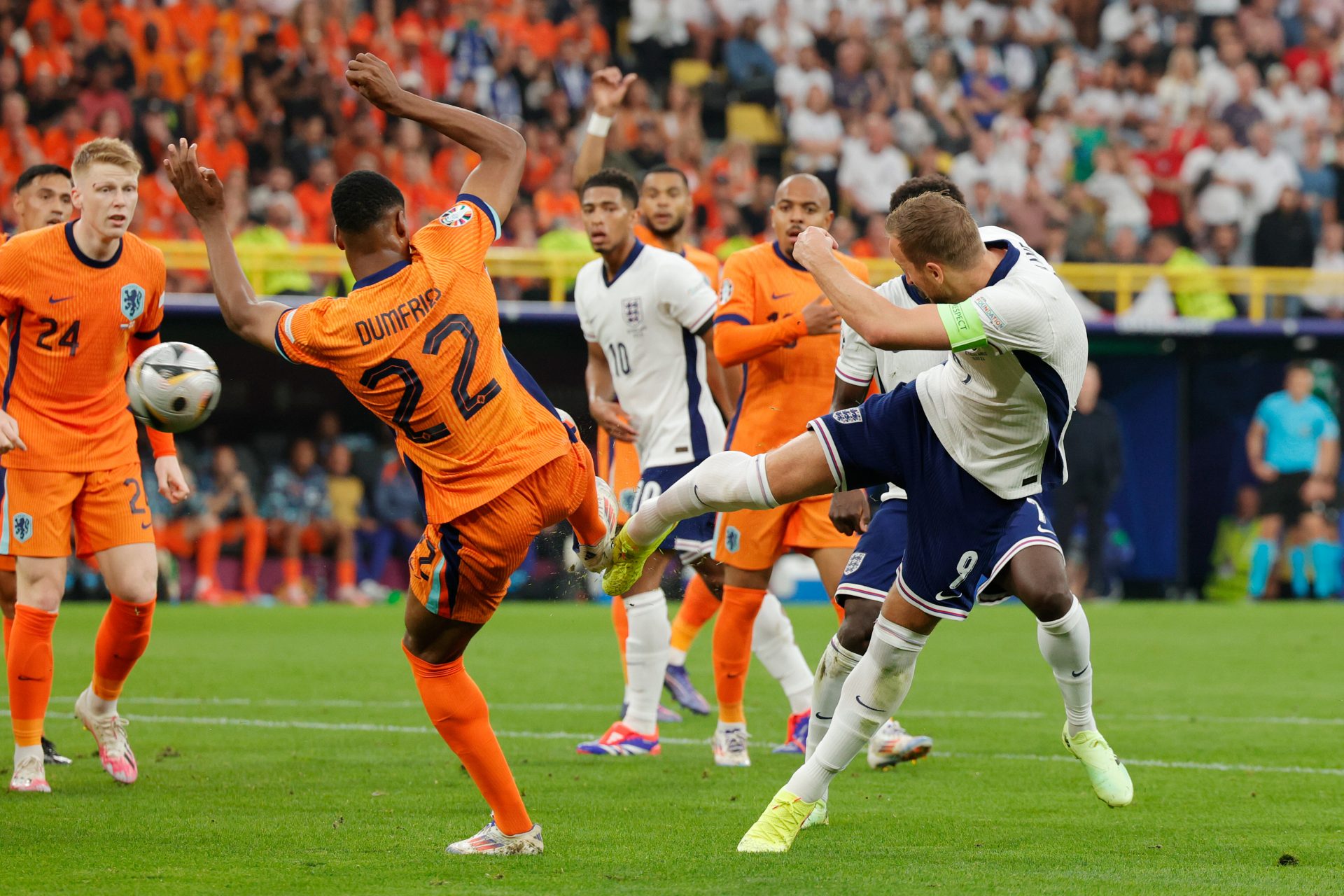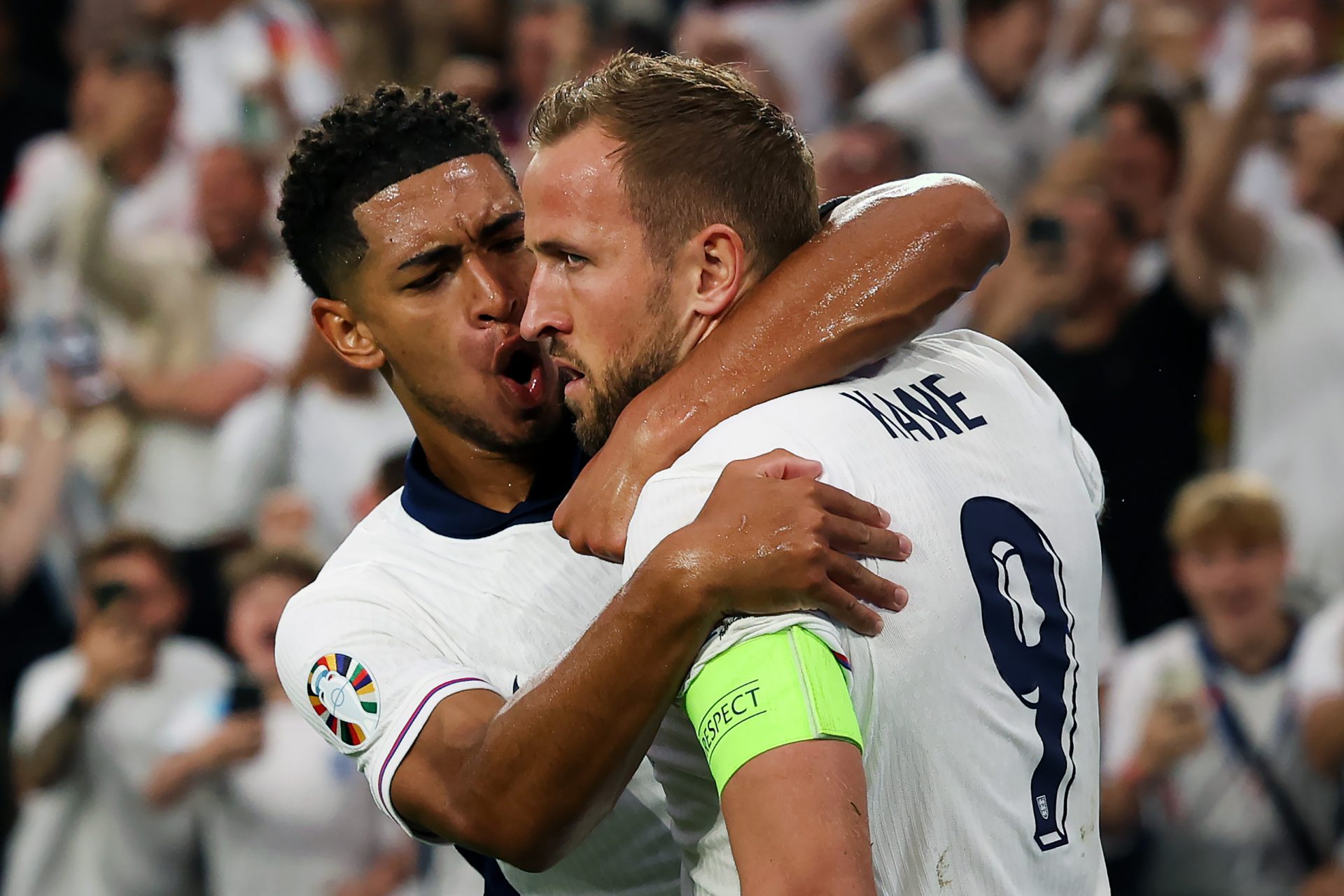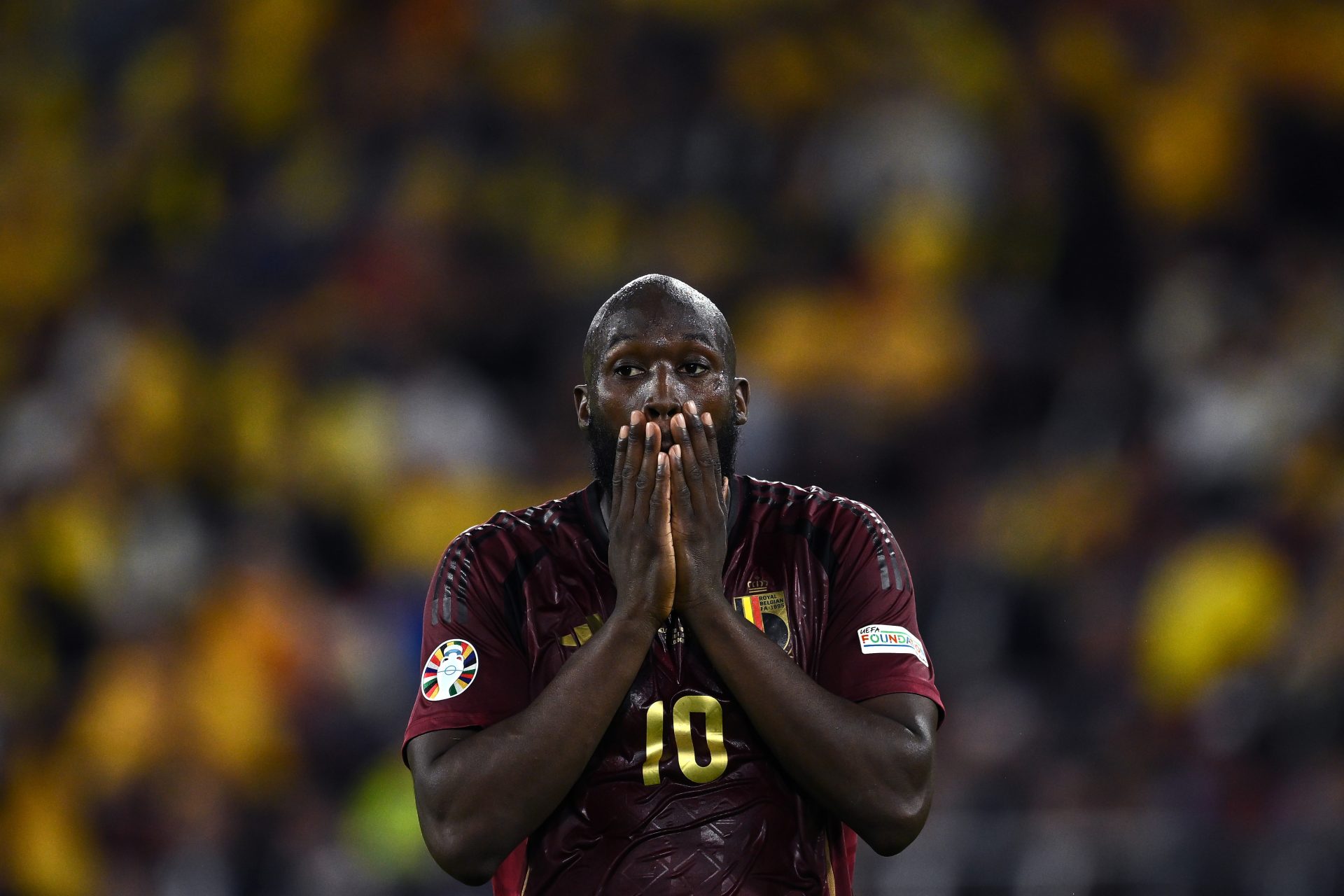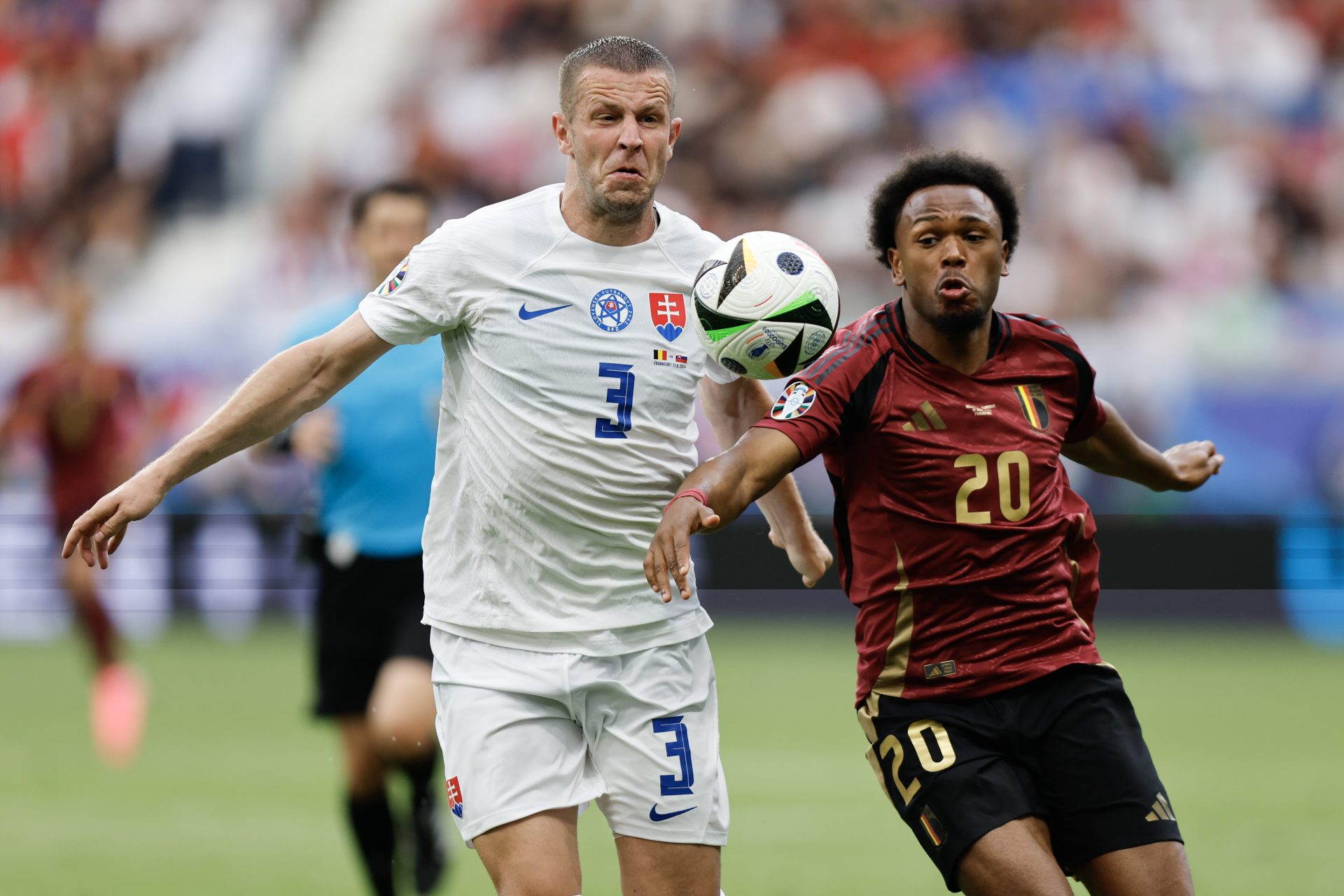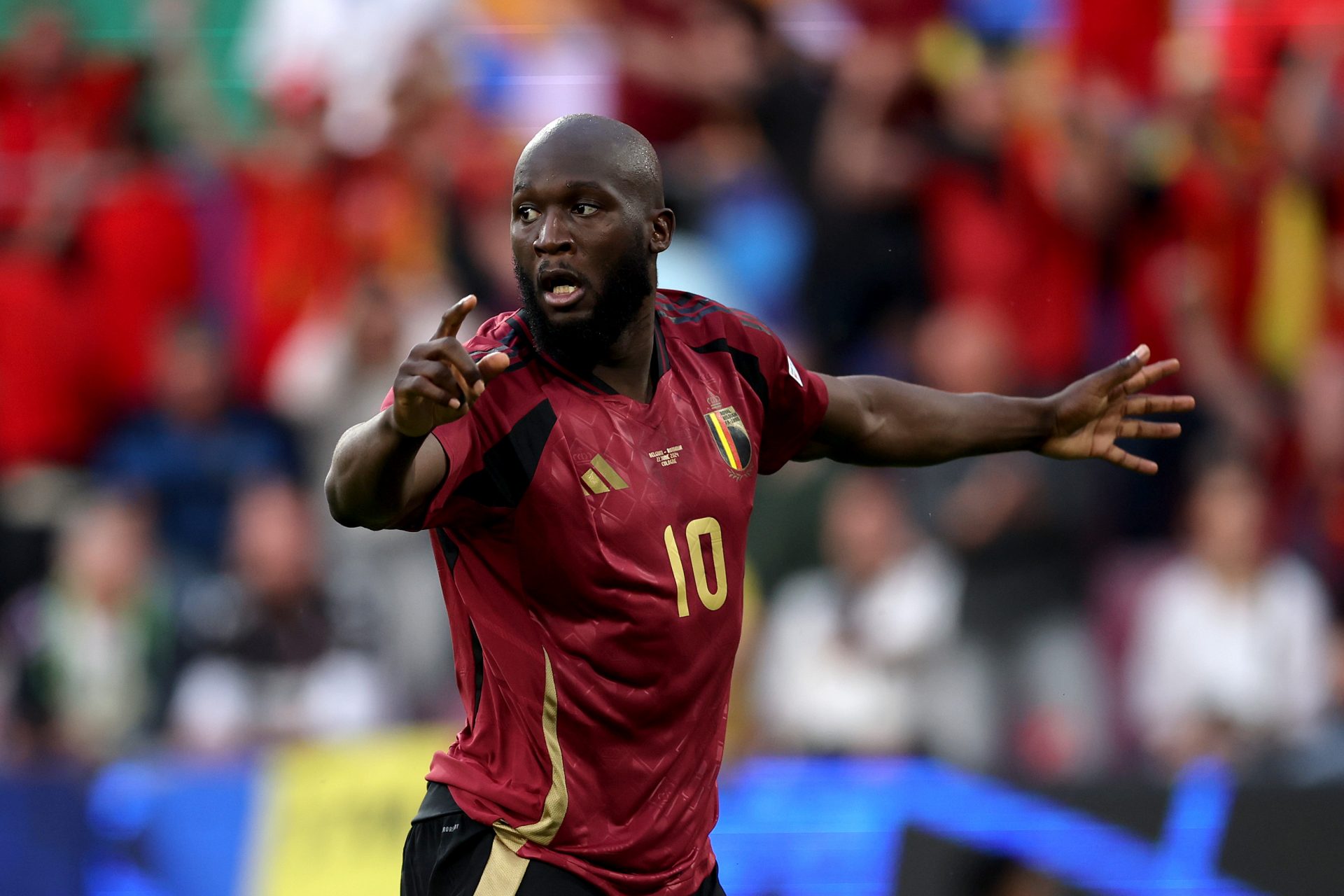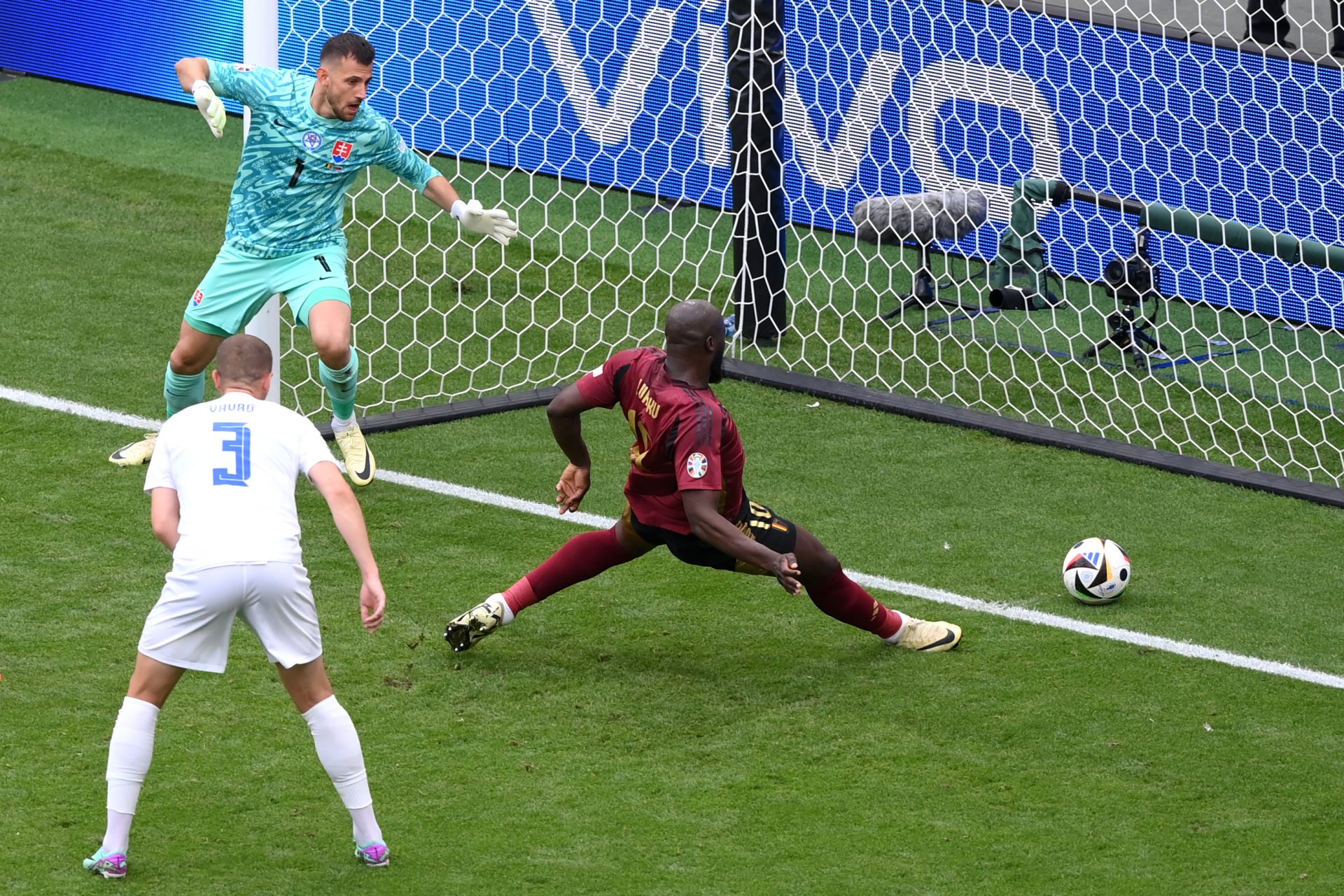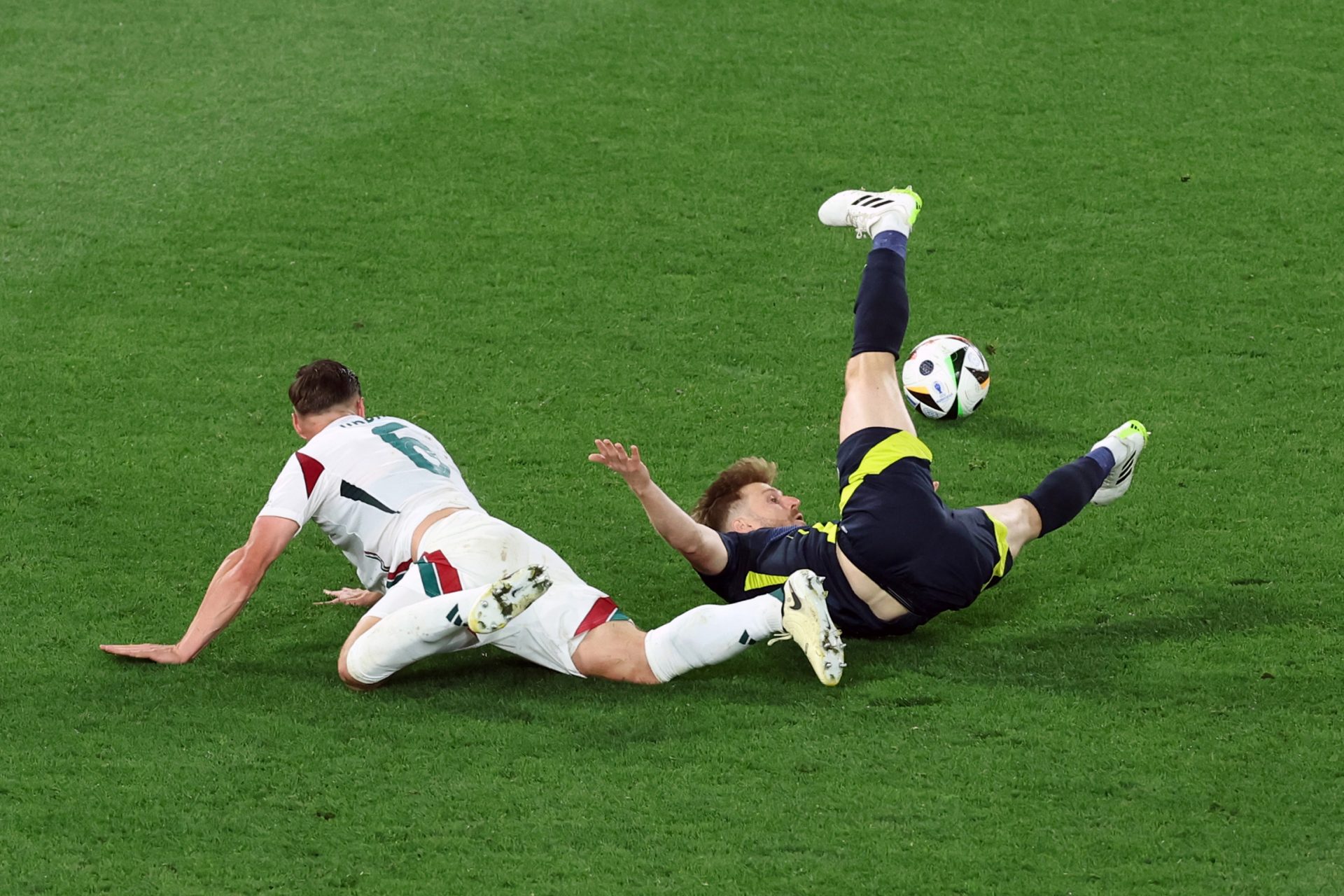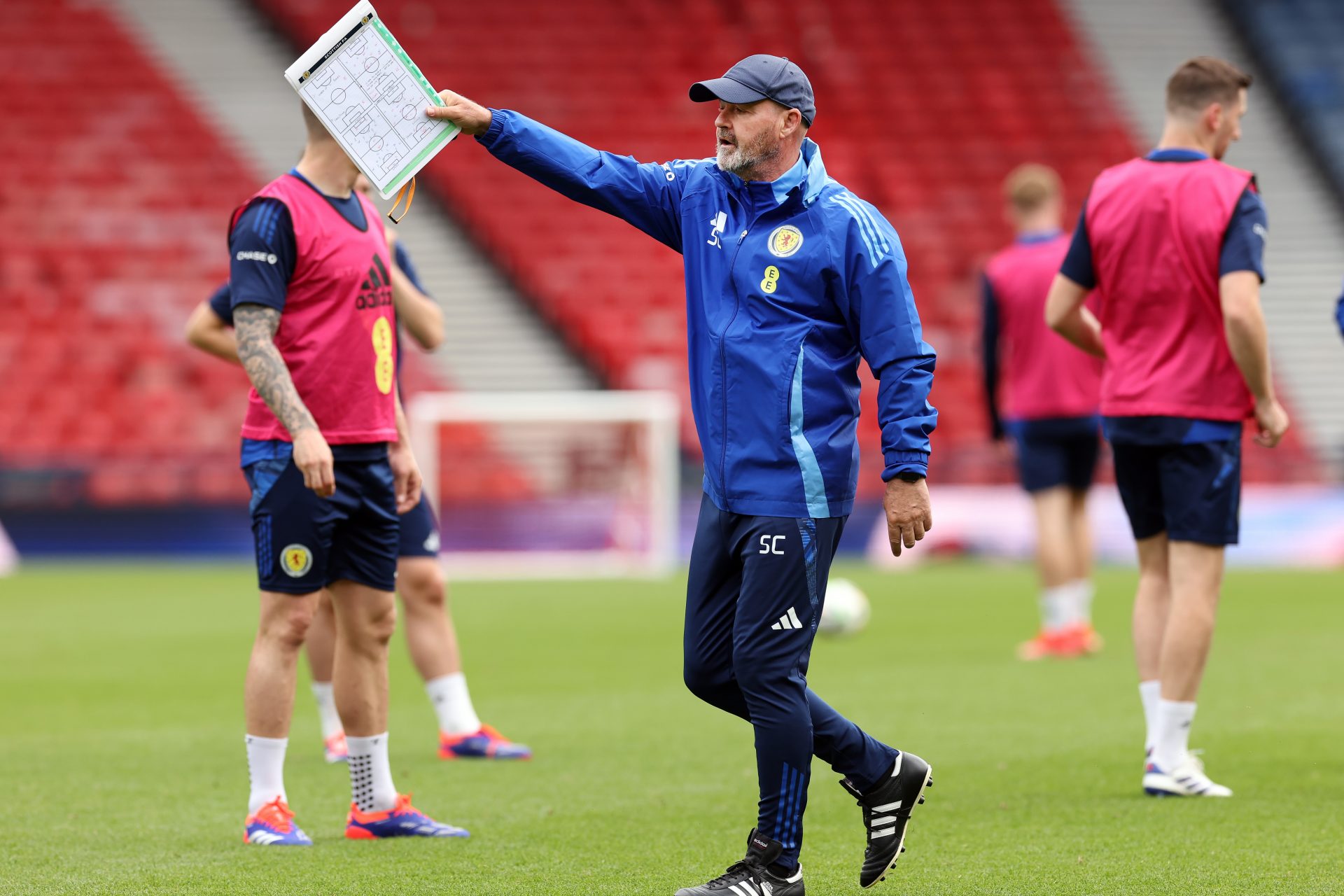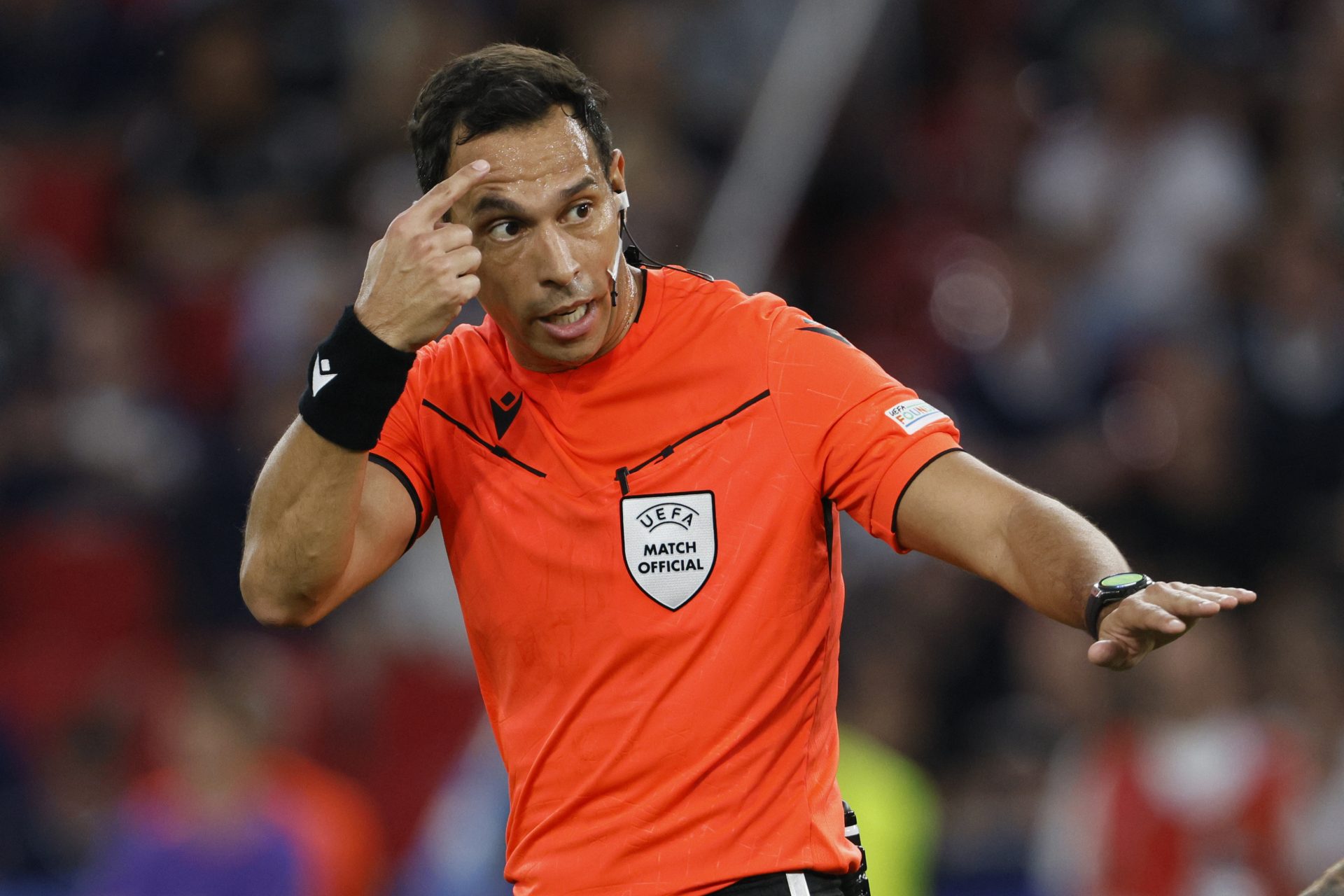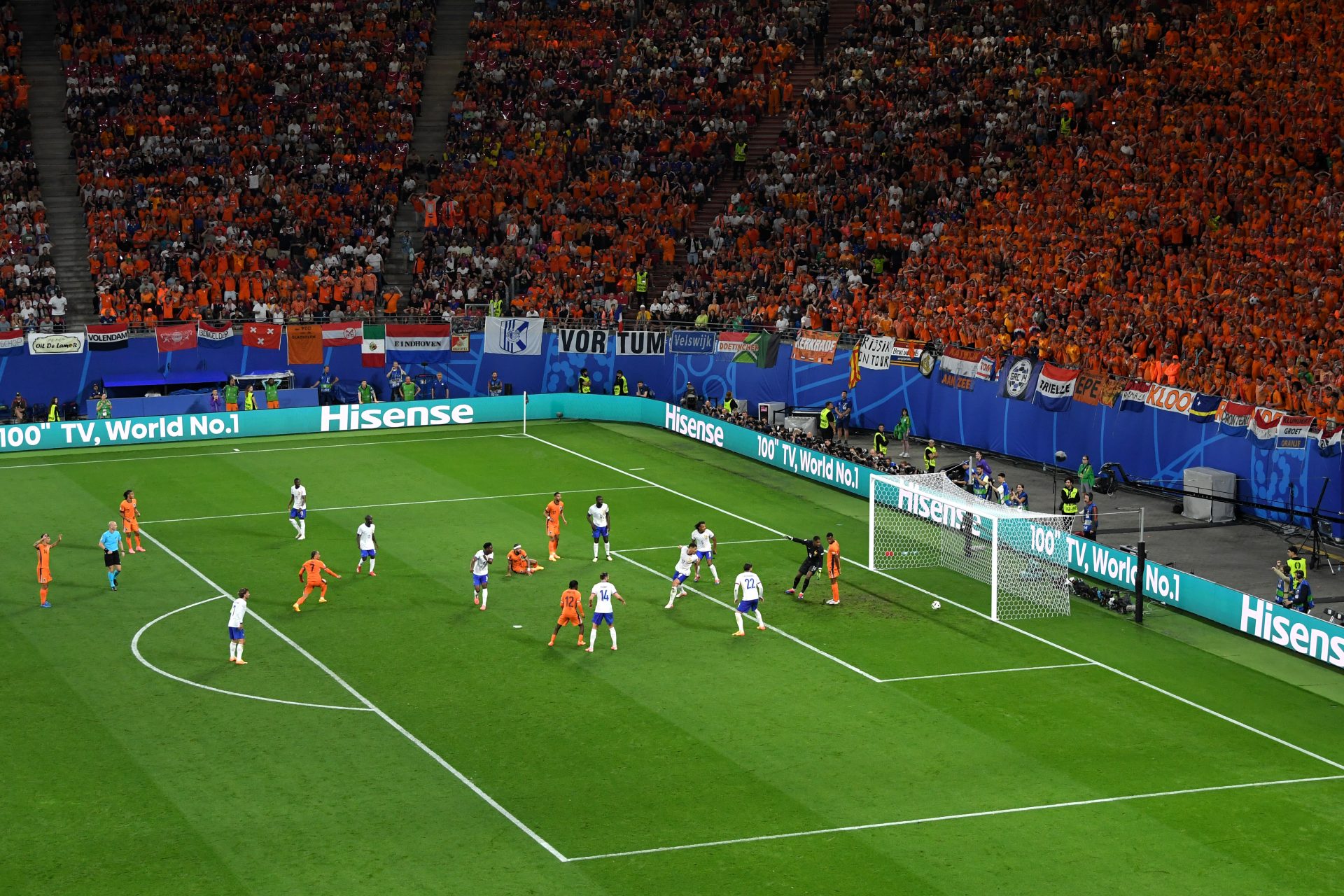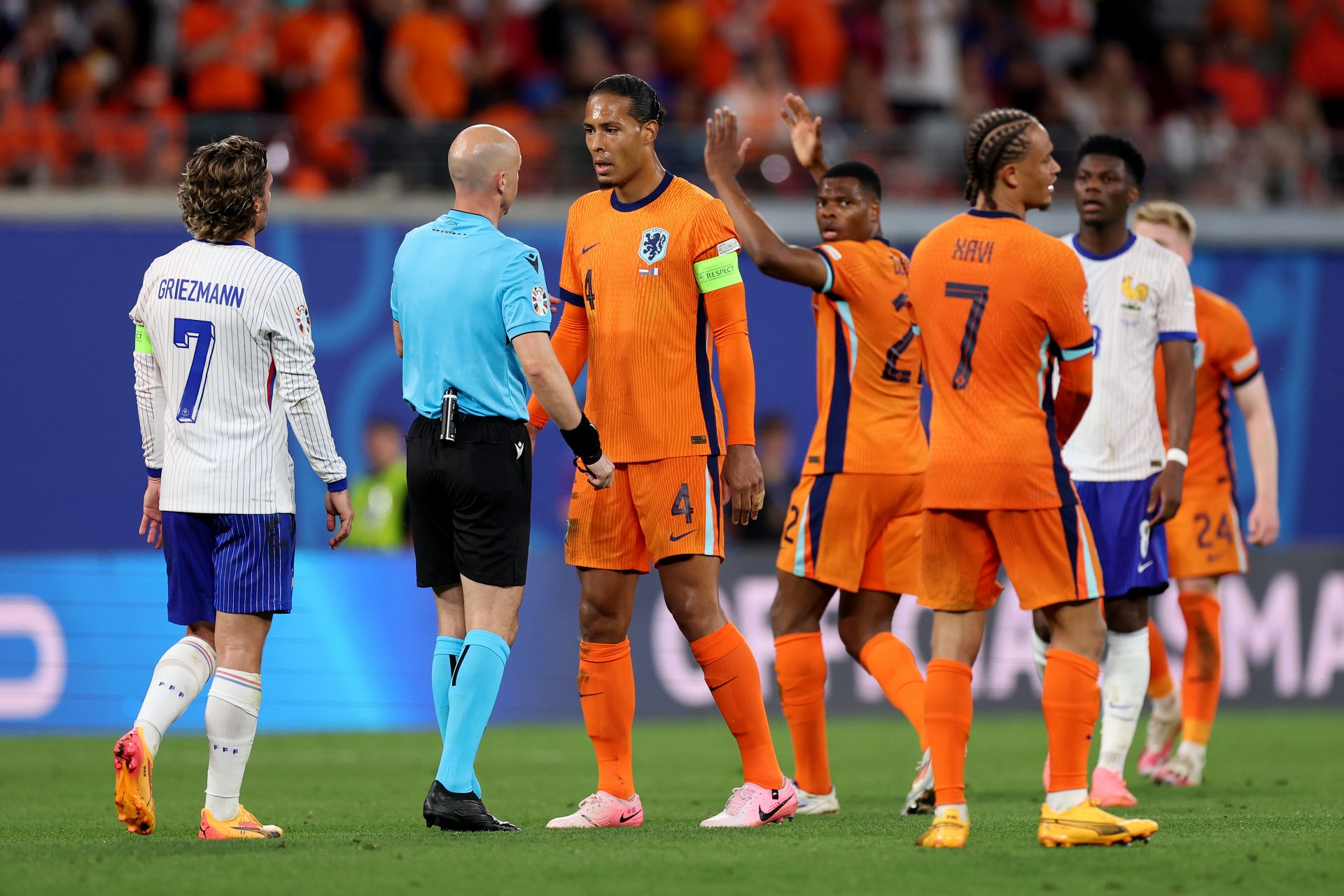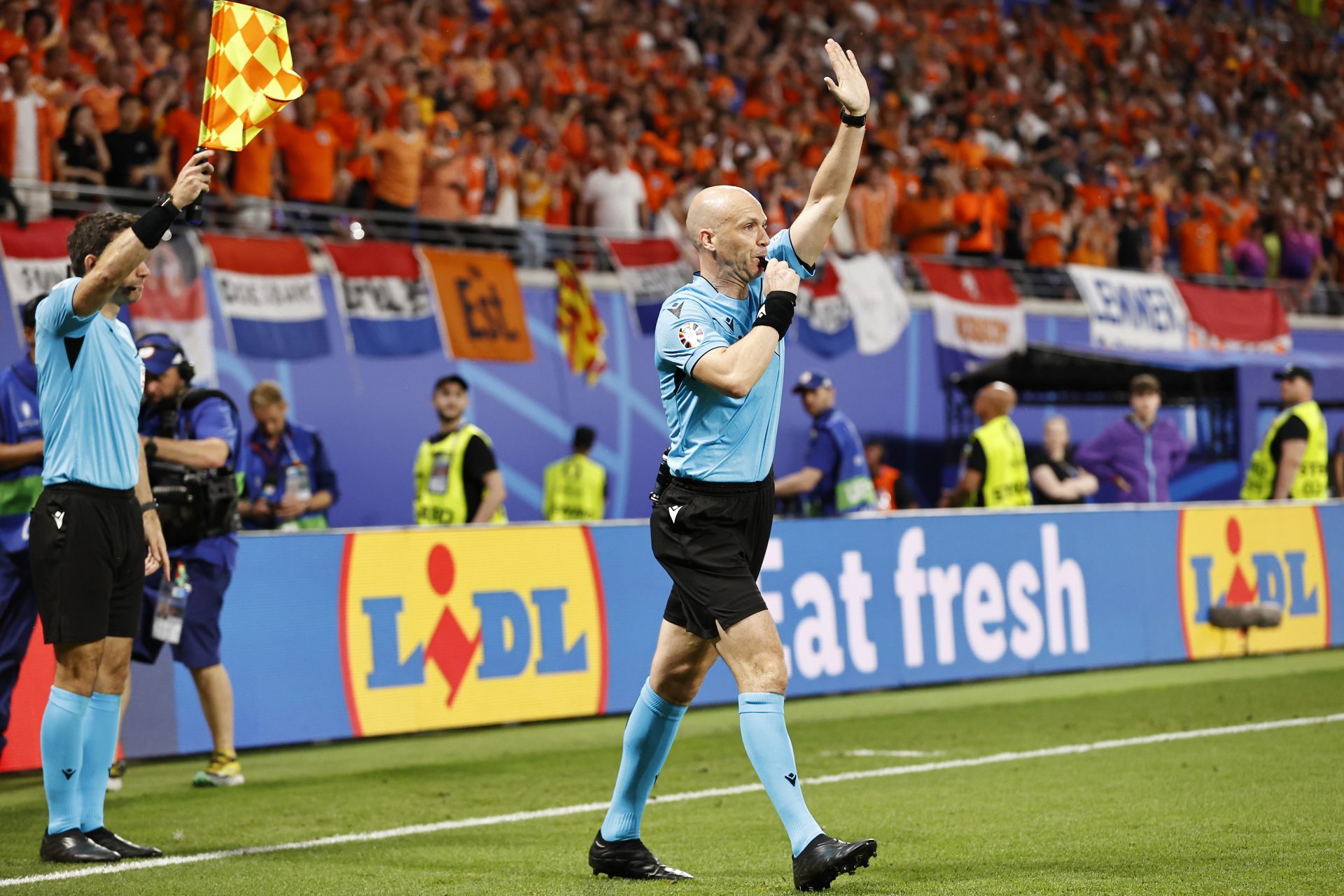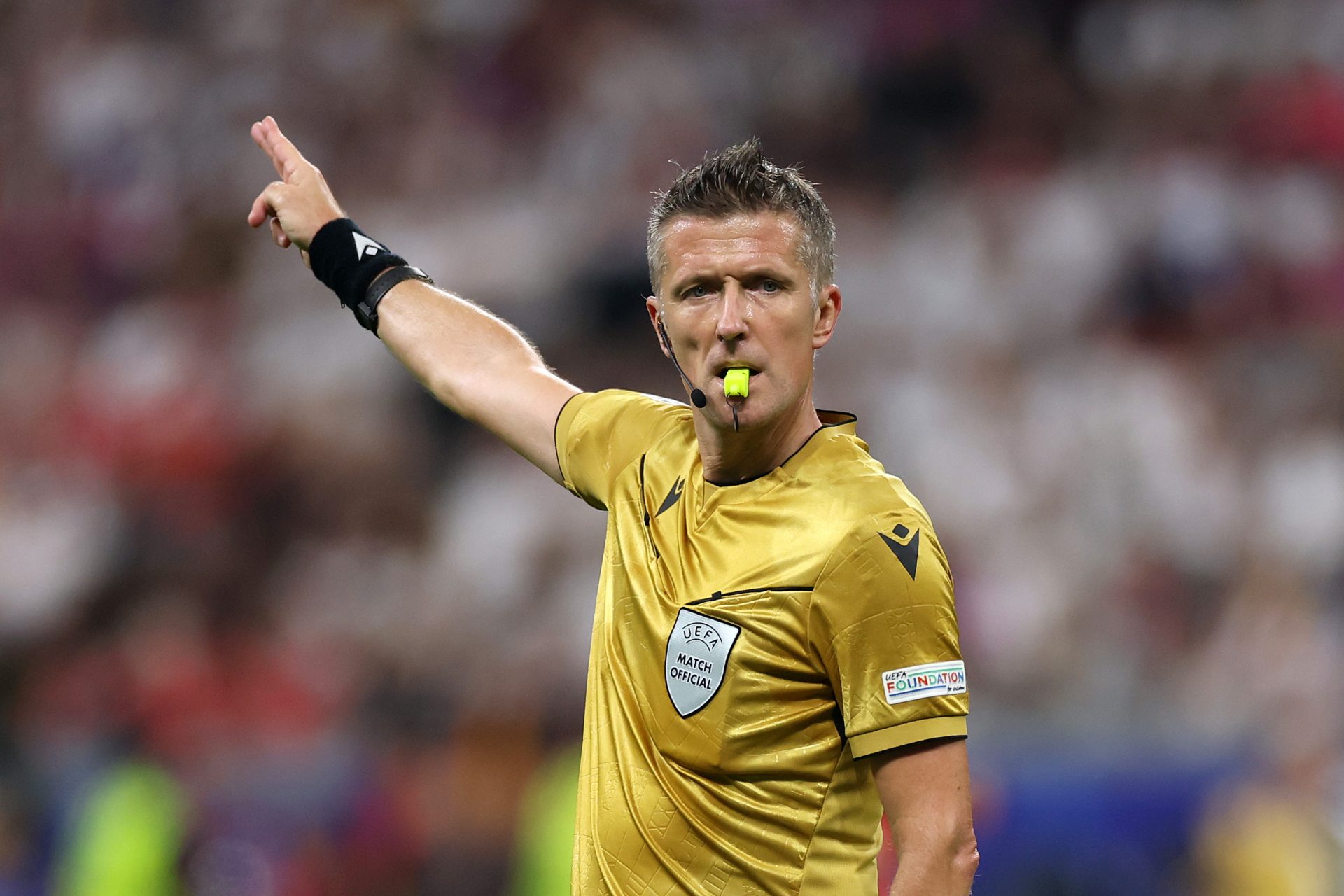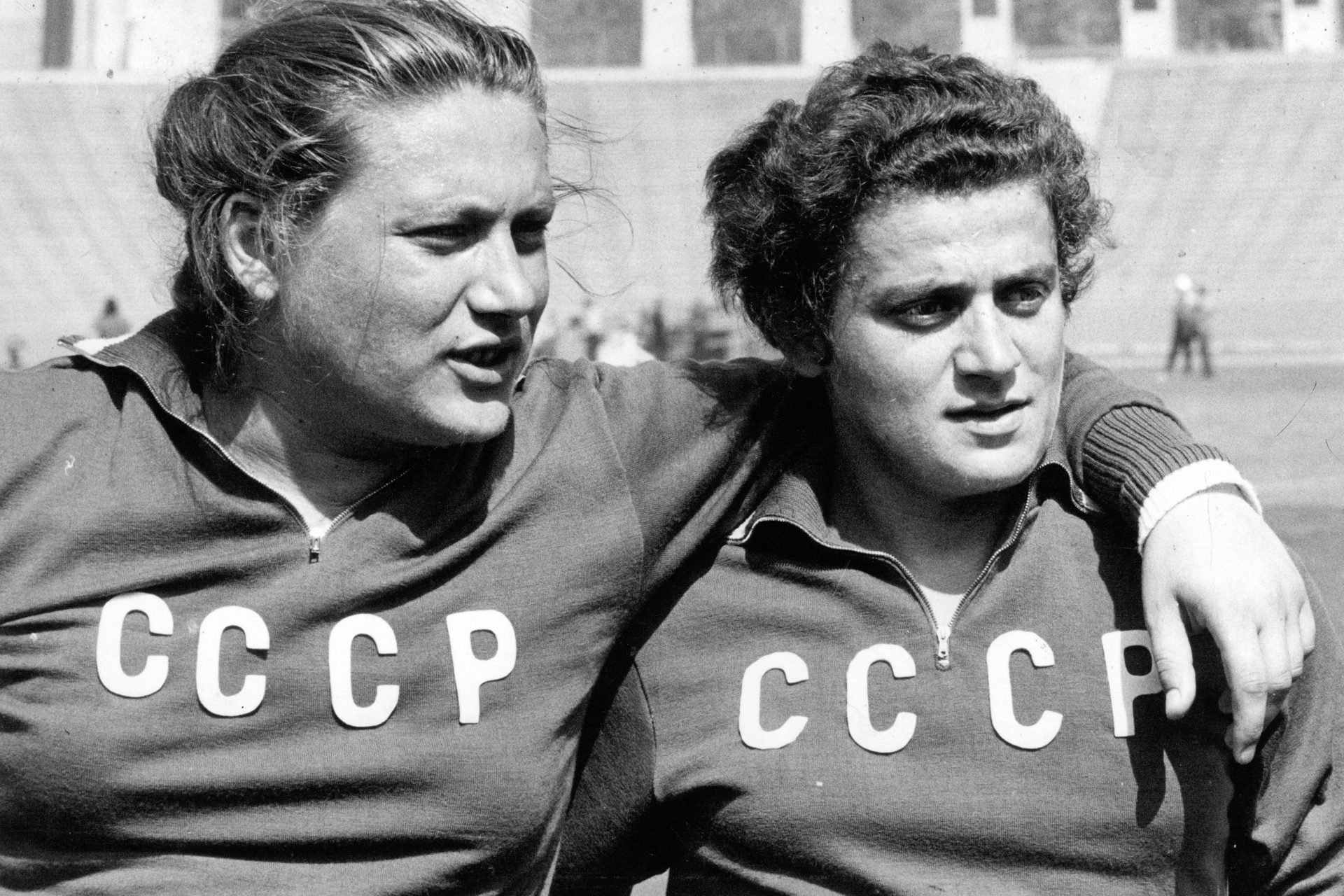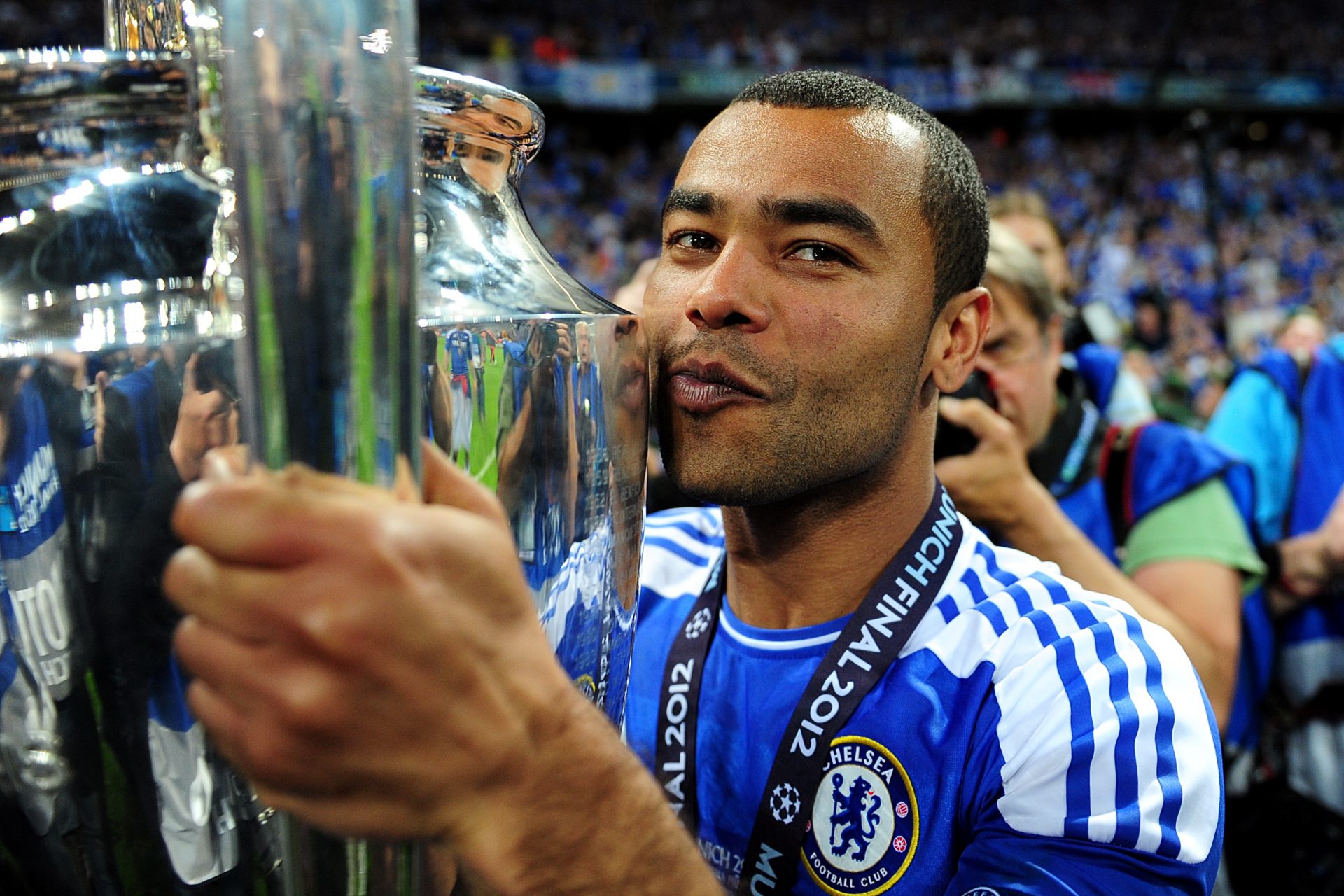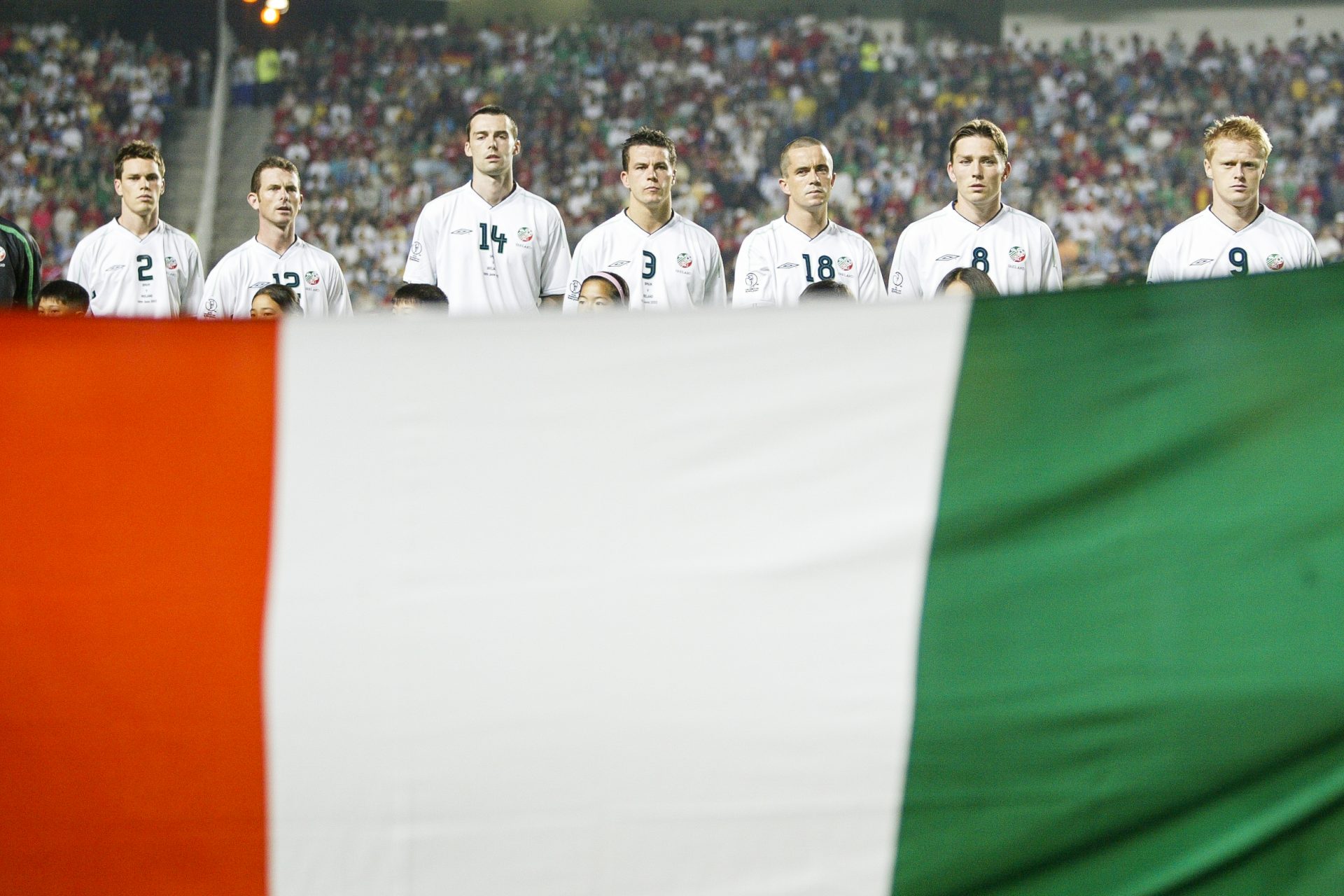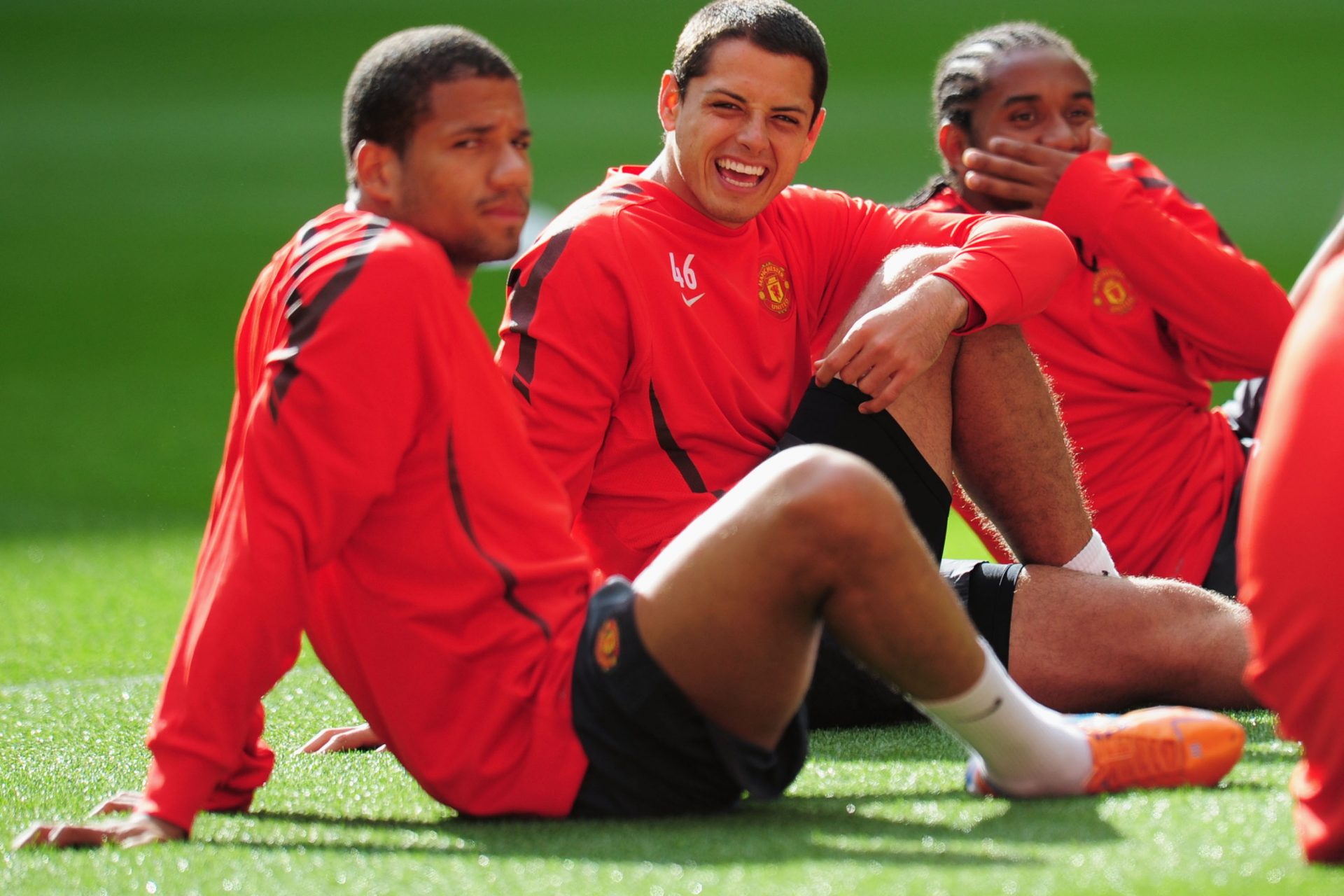Has VAR destroyed Euro 2024?
We have reached the European Championships final, where England and Spain will meet to see who will become the 'Kings of Europe'. On the way, VAR controversy has fuelled the tournament and helped both teams reach Berlin.
Major international football tournaments always offer a new form of innovation, whether it be playing styles, tactical approaches, or technological innovation.
Euro 2024 is no different, with UEFA introducing 'connected ball technology,' a piece of technology that can pick up physical contact between a player and the ball to help gauge handball decisions.
Want to see more like this? Follow us here for daily sports news, profiles and analysis!
UEFA has also brought in semi-automated offside technology (SAOT). What SAOT has already achieved is making offside decisions quicker, with the chip in the ball calibrating body movement and stopping the VAR officials from drawing lines on a screen.
The new pieces of technology have seemingly made it easier for foul play and offside to be called, but has it given more fuel to the fire around the controversies of VAR in football?
In Spain's 2-1 quarter-final victory over Germany, Jamal Musiala attempted a shot from outside the box, which struck Spanish defender Marc Cucurella's hand. After VAR checked the possible penalty, they deemed his body was in a natural position.
According to ESPN, UEFA deemed it not a penalty because Cucurella's hand was pointed vertically down and not outstretched to make his body bigger. However, penalties have been given for instances like that across the world.
In England's 2-1 semifinal win against the Netherlands, Dutch defender Denzel Dumfries attempted to block Harry Kane's misfired shot, but the pair's feet collided. The England star stayed down, allowing VAR to look at the incident.
The whole stadium thought a goal-kick would be given. Instead, the referee Felix Zwayer went over to his monitor and decided to award a penalty for the aftermath of Dumfries' tackle. Harry Kane equalized from the spot.
Belgium's Romelu Lukaku had three goals disallowed at the championships, with both pieces of new technology controversially ruling out goals for the striker.
According to The Guardian, Loïs Openda's hand slightly touched the ball as he attempted to bring the ball into his control before setting Lukaku up. His hand didn't change the direction of the ball, and it was in a natural position, but the goal didn't count.
After a shock 1-0 loss against Slovakia, Belgium defeated Romania 2-0, but it should have been three. Lukaku had another goal disallowed, but this time by the SAOT technology. The technology ruled his toes were offside in a hair-splitting decision.
According to the Daily Mail, Tottenham manager Ange Postecoglou said: "Don't get me started! My frustration is that we've turned football into forensics now, millimeters." Ian Wright added: "As a striker, I'm never going to be able to accept that kind of offside."
VAR prevented Scotland from going through after not being awarded a stone wall penalty when Stuart Armstong was taken down by Willi Orban of Hungary.
Sky Sports reports Scotland manager Steve Clarke said: "Somebody somewhere has to explain to me why that's not a penalty. It's 100 percent a penalty." He added, "It's a one-goal game, we get the penalty, it could be a different night. I've got other words, but I'm not going to use them."
Want to see more like this? Follow us here for daily sports news, profiles and analysis!
Referee Facundo Tello was told not to check his pitch-side monitor after Armstong was knocked in the back of his knee. Eventually, Hungary scored in the 99th minute to knock Scotland out of the tournament.
A real controversial VAR moment was Xavi Simons' disallowed goal against France, in which Denzel Dumfries was flagged for stopping Mike Maignan from diving and potentially stopping the goal.
This VAR moment showed decisions are still subjective and that VAR makes decisions more difficult for the referees in crucial games. It took referee Anthony Taylor three minutes to decide he was interfering with play, much to the disgust of players and pundits.
Speaking on the BBC, Cesc Fabregas said: "I think you can maybe have seen it a different way because everything happens very fast, but the VAR should have called him up to watch the screen at least for him to make the right decision."
In football, decisions are based on opinions and open to adaptation and subjectivity. It means no two decisions will be the same, despite all the technology being added to the sport in an attempt to make the game 'fairer.'
Do you believe VAR has ruined Euro 2024 with its controversy, or do you think it's helping the game and making decisions easier for the referee?
Want to see more like this? Follow us here for daily sports news, profiles and analysis!
More for you
Top Stories



